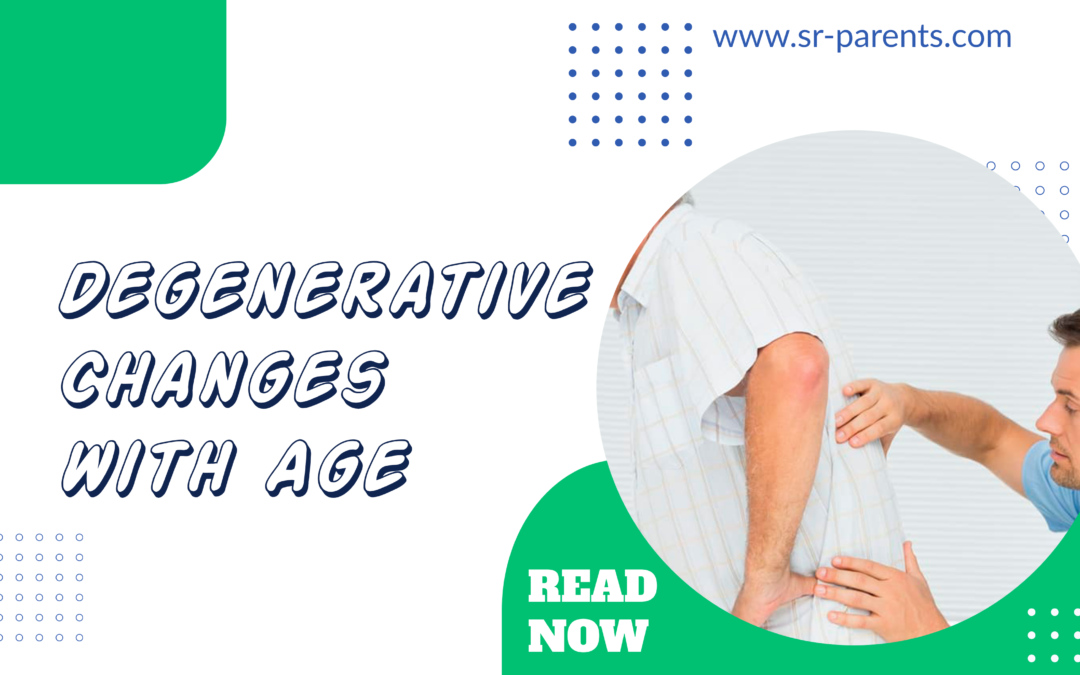“Explore common examples of degenerative changes with age and gain insights into promoting a healthy and vibrant life.”
Aging is a natural part of life. With it comes changes in our bodies that shape our later years. From the familiar graying of hair to more significant shifts within, aging is a universal experience we all share.
Age-related diseases are conditions that occur more in people as they get older. It means aging itself is a significant risk factor.
Many age-related changes are considered normal in older adults. You or your aging loved ones may experience a minor decline in vision and hearing. They may have high blood pressure, muscle weakness, or a weakened immune system.

However, some health problems are not a normal part of the aging process. Take degenerative diseases like Alzheimer’s disease, specific cancers, and cardiovascular diseases, for instance.
These are not typical aspects of aging. They are often shaped by genetics, environment, and lifestyle, not just the passage of time.
Today, we will explore the unavoidable degenerative changes as we age. Think of it as a journey into the inner workings of our bodies. We will learn about how they adapt, the role of genetics and lifestyle, and what it means for our overall well-being.
Contents
What Are Degenerative Changes?
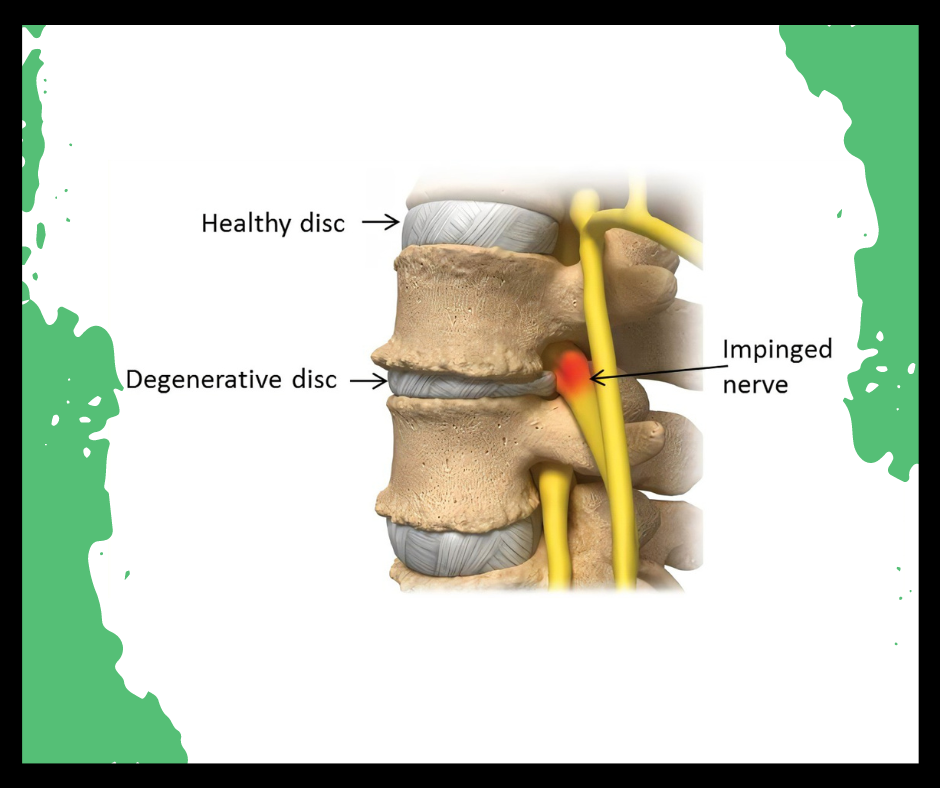
Age-related degenerative changes are the gradual breakdown of body tissues, organs, or structures. These changes impact various systems, tissues, and organs, declining efficiency and resilience. While often linked with aging, genes, lifestyle, and environmental factors can also influence these changes.
Age-related degenerative changes are usually long-lasting and can vary from person to person. While aging is inevitable, healthy choices and avoiding certain risks can help slow down or manage their effects.
Common Age-Related Degenerative Changes

Here are the most common chronic diseases in older adults:
Diabetes

Here is how to keep your brain healthy and prevent or reduce the Alzhiemer’s impact:
- Be physically active. It promotes overall health, improves blood circulation, and supports cognitive function.
- Foster social connections and take part in community activities. It helps stimulate your mind, enhance your emotional well-being, and reduce mental decline risk.
- Embrace a healthy diet rich in fruits, vegetables, and omega-3 fatty acids.
- Challenge your brain through puzzles, reading, or learning new skills. These activities promote cognitive resilience and help you maintain mental sharpness.
- Focus on quality sleep hygiene to support your brain function and memory consolidation.
- Stress-reducing exercises, such as meditation or deep breathing, are beneficial. These techniques reduce the impact of chronic stress on the brain.
Chronic Obstructive Pulmonary Disease
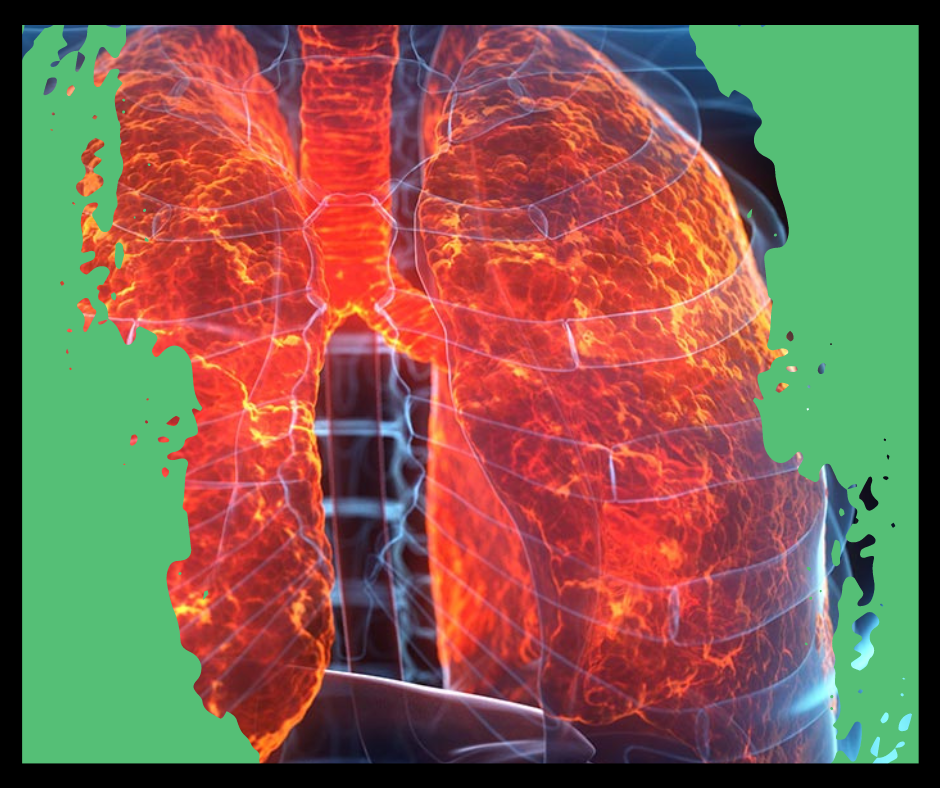
Chronic obstructive pulmonary is a progressive disease. It impacts the lungs, making breathing hard as the airflow within the lungs becomes blocked.
Common signs include trouble breathing, coughing, producing mucus, and wheezing. COPD is often a result of long-term exposure to irritating gases and cigarette smoke.
Two main risk factors cause COPD: emphysema and chronic bronchitis. Emphysema happens when the walls between air sacs in the lungs get damaged.
Usually, these sacs are stretchy, like tiny balloons. When you breathe in, they fill up with air; when you breathe out, the air goes out. With emphysema, it becomes tough for your lungs to push air out.
In contrast, chronic bronchitis is a long-term issue. It occurs when the airways’ lining gets irritated and inflamed. A lot of thick mucus forms in the airways, making breathing difficult.
They usually happen together and can vary in severity. Severe COPD may stop you from doing basic actions like walking or cooking.
While chronic obstructive pulmonary disease is a progressive disease, it is treatable. Proper management can help with reasonable symptom control and quality of life.
- Quit smoking as it is the most effective way to prevent COPD. In addition, avoiding secondhand smoke is also critical.
- Reduce your exposure to air pollutants and irritants. Avoid areas with heavy pollution or wear a mask if necessary.
- Engage in regular physical activity to maintain lung function and overall health.
- Take prescribed medics as directed by your doctor. It can help you control symptoms and manage COPD better.
Cerebrovascular Disease (Stroke)
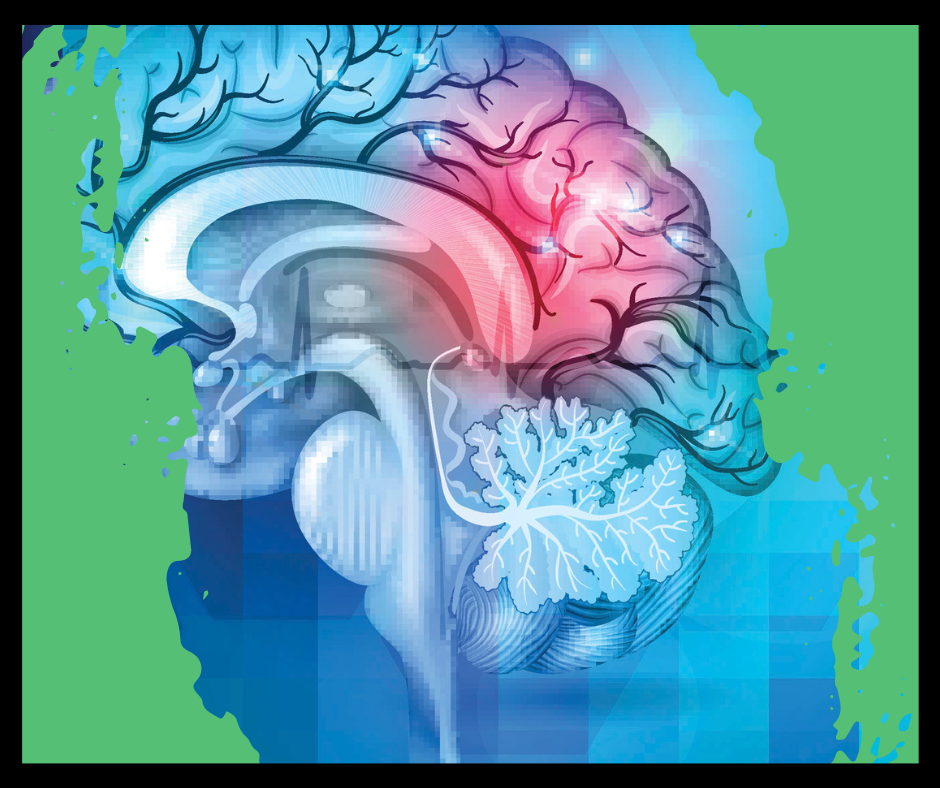
Stroke, a prevalent disease in old age, arises when the blood supply to your brain is disrupted. It leads to brain cell death, permanent disability, and life-threatening results.
More common in older adults, there are two types of strokes. The first type, ischemic stroke, is more common.
It arises from insufficient blood flow to the brain. A prime example is when a blood clot obstructs a vessel, causing an ischemic stroke.
The second type is hemorrhagic stroke. It occurs when a blood vessel ruptures, causing bleeding within the brain.
Video Credit: Texas Back Institute
Ischemic Heart Disease
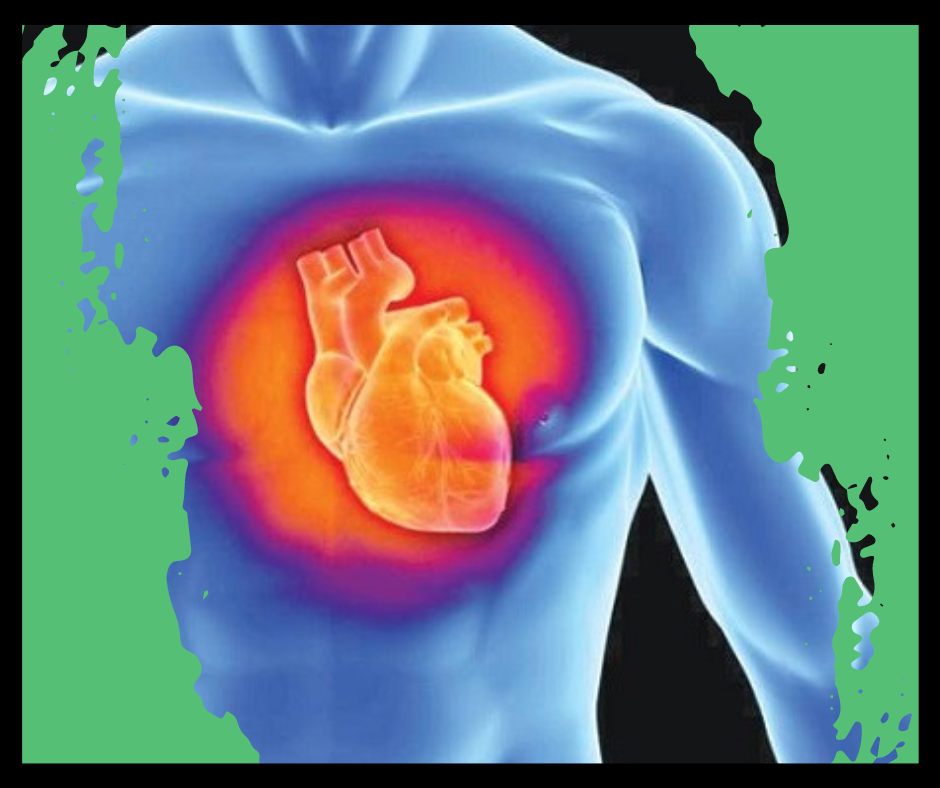
Ischemic heart disease is a prevalent issue affecting about 29% of older adults aged 70 or above. Also known as coronary artery disease, the condition is like a traffic jam in your heart’s expressway. It occurs when plaque, a sticky substance, accumulates in the arteries that supply blood to your heart.
When these arteries narrow or block, the supply of oxygen-rich blood to the heart is disrupted. This decline in blood flow can lead to various risks, including blood clots, episodes of angina (discomfort or chest pain), or even a heart attack.
The risk of ischemic heart disease arises with age. Thus, regular health check-ups and heart-friendly lifestyle choices are essential. Proactive management of this cardiovascular disease in older adults can reduce its impact.
Here are a few heart-friendly tips to reduce the risk of cardiovascular disease:
- Eat fruits, vegetables, whole grains, lean proteins, and limit saturated fats and added sugars.
- Quitting smoking is one of the best things you can do for your heart health.
- Be active and do moderate-intensity exercises. You can choose activities you enjoy, such as walking and biking.
- Keep your weight in control and maintain a healthy weight for your body type.
- Control diabetes, high blood pressure, and high cholesterol through medication.
- Practice stress-reducing techniques like deep breathing, meditation, or engaging in hobbies you love.
Osteoporosis

Osteoporosis is often considered a degenerative disease in older adults. The condition reduces bone density, making bones fragile and porous. Older adults with osteoporosis are more prone to fractures.
Osteoporosis occurs when the body removes more bone than it makes. Older individuals, especially women after menopause, are at a higher risk due to hormonal changes.
Moreover, osteoporosis often develops without noticeable symptoms until a bone breaks. Fractures, mainly in the hip, spine, or wrist, can be severe for older adults. The condition affects their mobility and independence.
- Adopt healthy life habits and eat a balanced and nutritious diet.
- Avoid or moderate your alcohol consumption.
- Engage in weight-bearing exercises like walking, jogging, or weightlifting.
- Include strength training to improve bone density.
- Ensure an adequate intake of protein.
- Spend time in sunlight for natural vitamin D synthesis.
- Consider supplements if needed, especially for individuals with limited sun exposure.
- Eat calcium-rich foods like dairy products, leafy greens, and fortified foods.
Cancers
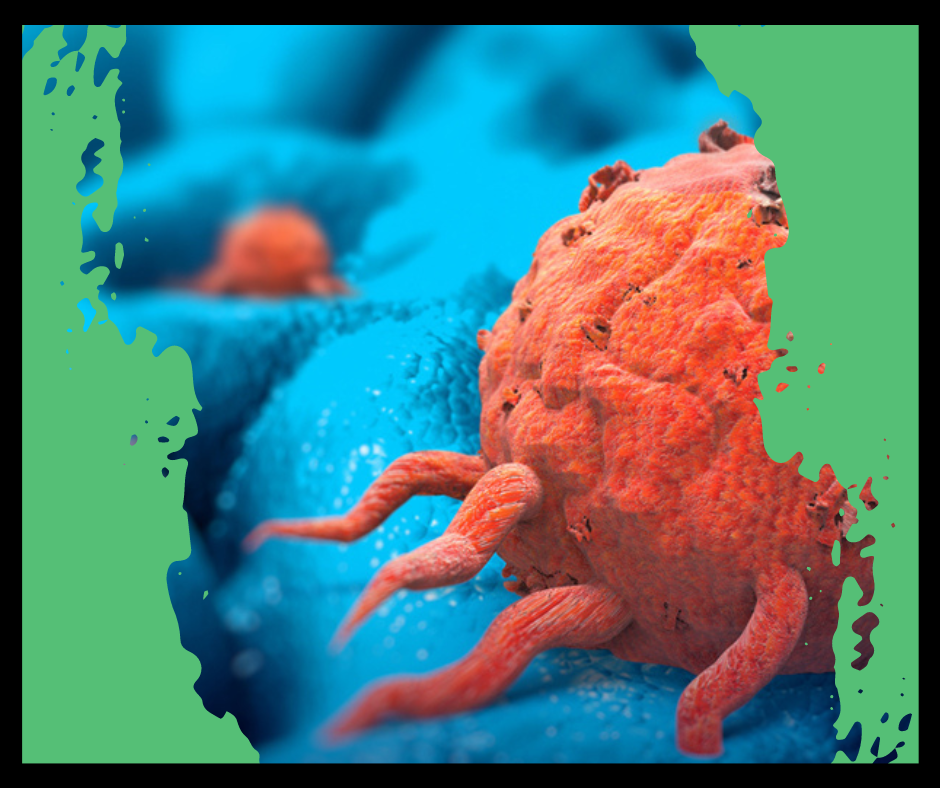
Cancer is mainly a disease that tends to happen as we age, affecting how cells work in the body. It is a degenerative disease as the wild growth of cells can affect nearby functions.
The abnormal growth of cells can spread to other body parts, deteriorating the condition further. There are over a hundred types of cancers, and most of them are linked to poor lifestyle choices. These include smoking, an unhealthy diet, and a lack of exercise.
Moreover, factors like exposure to radiation and environmental pollutants can also cause cancer. In addition, infections from certain viruses, like Epstein-Barr or HPV, may raise the risk.
The growth of cancer cells can interfere with normal bodily functions, leading to issues like impaired oxygen absorption in the lungs and a weakened immune system.
- Don’t smoke or chew tobacco. Smoking can cause various cancers, including throat, mouth, and lung.
- Minimize sun exposure, especially during midday. Also, avoid tanning beds and sunlamps.
- While not a guarantee, a nutritious diet may lower cancer risk.
- Being at a healthy weight can cut the risk of cancers, including prostate, lung, colon, and breast cancer.
Wrapping Up
Aging is inevitable, and it brings a plethora of degenerative changes with age. The age-related disease impacts one’s quality of life and overall physical health.
From joint wear and tear to bones getting weaker, staying healthy as we age is essential. While aging is beyond our control, we should make nutritious choices that support our overall health. Simple steps like regular exercise, a healthy diet, and preventive measures can help.
Moreover, knowing the risks associated with cardiovascular diseases, diabetes, and neurodegenerative disorders is also essential.
FAQs
Are digestive and kidney diseases diseases of old age?
Digestive and kidney diseases are not exclusive to old age. They can affect individuals of any age and group. However, the risk of certain digestive and kidney illnesses may increase with age.
Genetics, lifestyle, and overall health play significant roles in determining susceptibility. So, adopting a healthy lifestyle and eating a balanced diet is vital. In addition, regular exercise and proper hydration can promote digestive and kidney health.
Is poor health a common aspect of the aging process?
Poor health is not a common aspect of the aging process. While the risk of specific health issues may increase with age, many older adults lead healthy and active lives.
Positive lifestyles, eating well, staying active, and avoiding harmful habits can promote health. In addition, regular health check-ups and early detection of potential issues are also crucial.
Remember that aging itself doesn’t guarantee poor health. With proper care and attention, individuals can enjoy a fulfilling life later.
Who can develop cognitive impairment?
The risk of cognitive impairment arises with age. However, aging is not the only factor, as family history and genetics can also cause the condition.
Moreover, specific health issues, like heart disease and diabetes, can also impact cognitive health. Unhealthy habits, like a sedentary lifestyle and poor diet, may contribute. Mental health and environmental factors matter, too.
Thus, adopting a healthy lifestyle and staying mentally active can lower the risk. While aging is a factor, many older adults maintain good cognitive function with proper care.
Which chronic illness is more common in older adults aged 60?
Many chronic conditions and degenerative changes become more prevalent as individuals reach the age of 60. Common ones include heart diseases, arthritis, and diabetes.
High blood pressure and certain neurological disorders are also dominant in older adults. However, health varies among individuals. So, not everyone will experience the same chronic conditions.
Join our community at Senior Parents!
Dedicated to families united in caring for their elderly loved ones.
Explore a wealth of invaluable tips and advice on senior care. Visit our website regularly for expert insights, heartwarming stories, and practical guidance.
Let’s support each other on this journey of care and compassion.
Follow us on Facebook, Instagram, Pinterest, and Twitter for daily updates, inspiration, and a vibrant community.
Together, we make senior care a shared journey.

